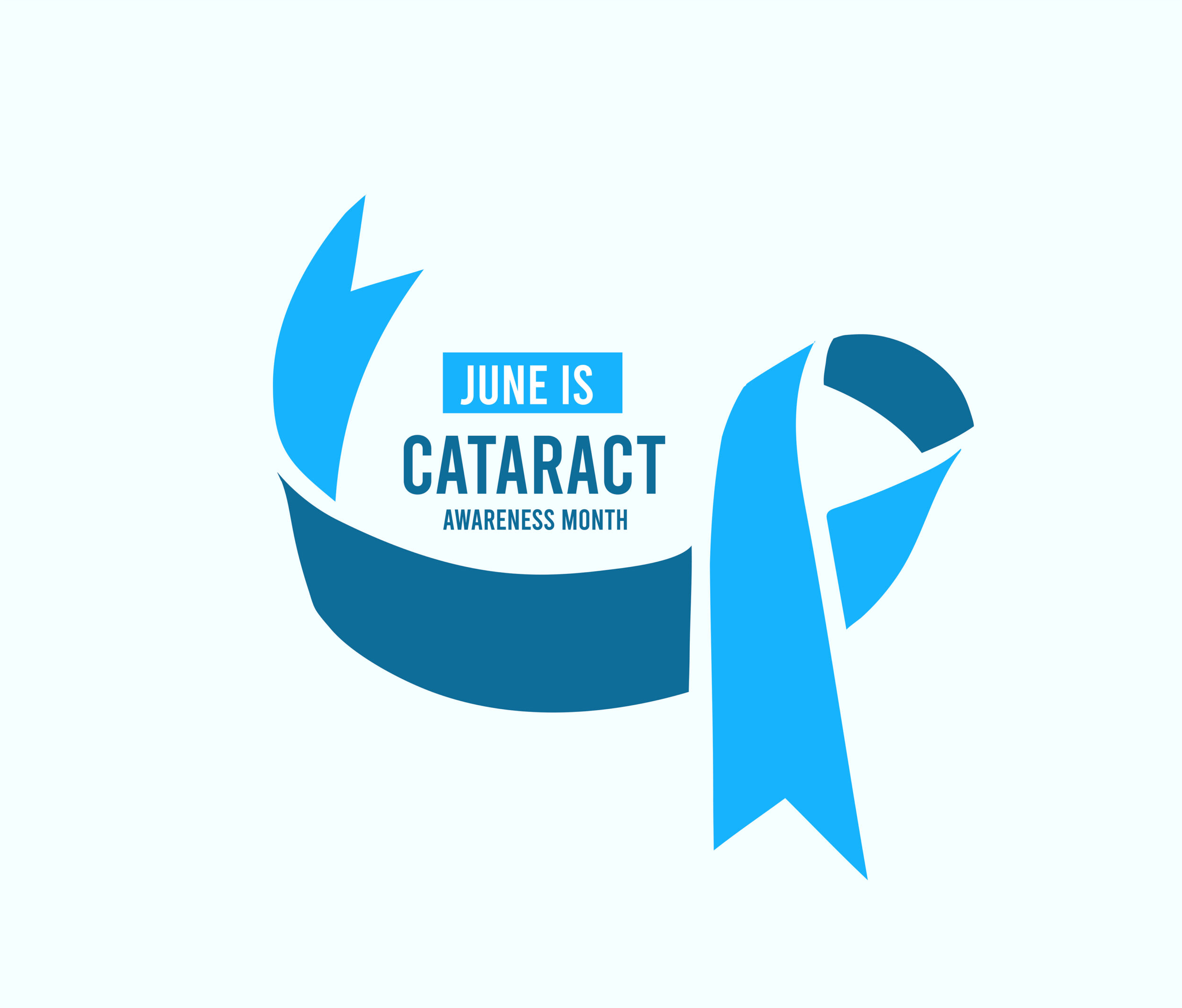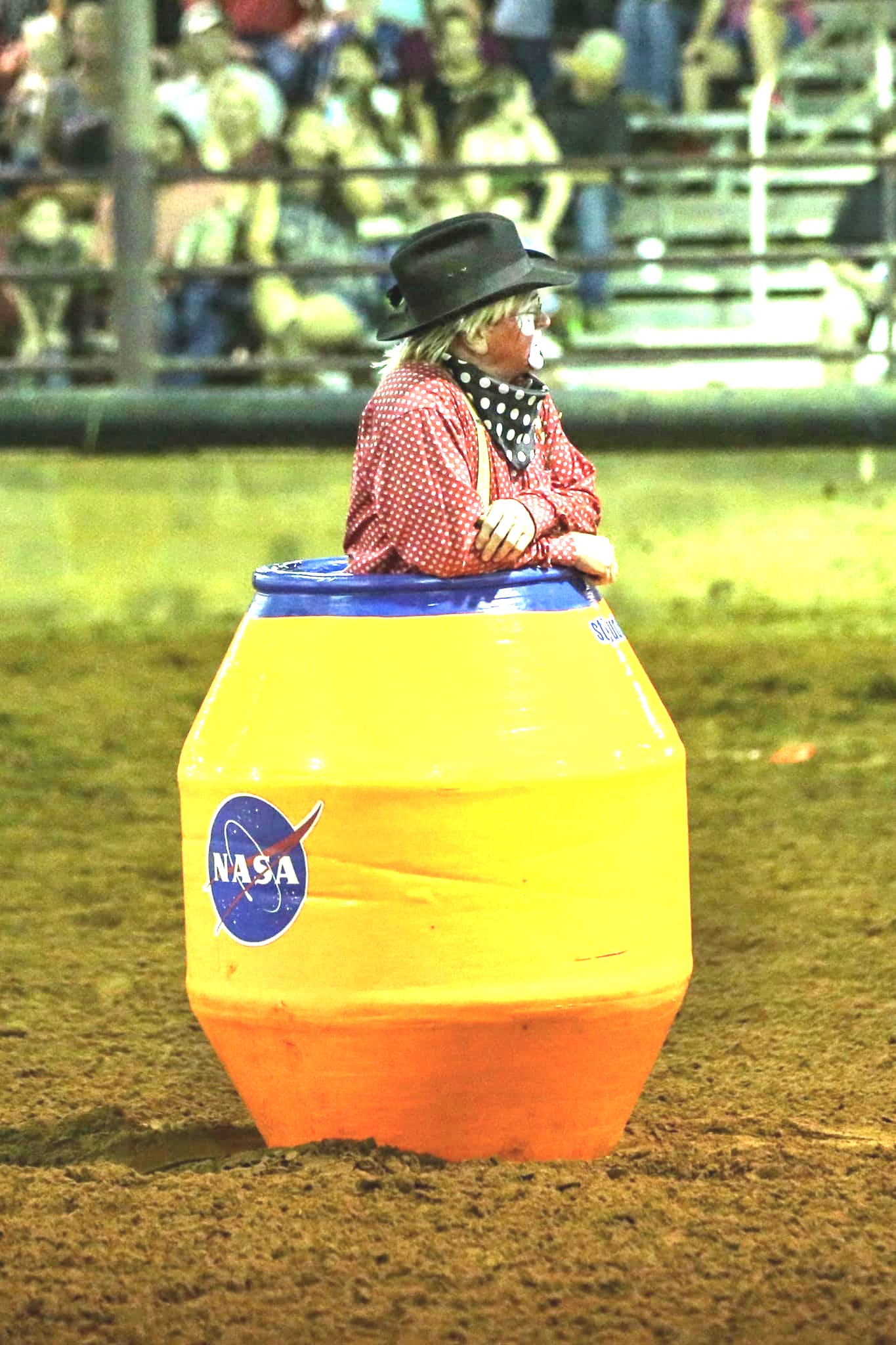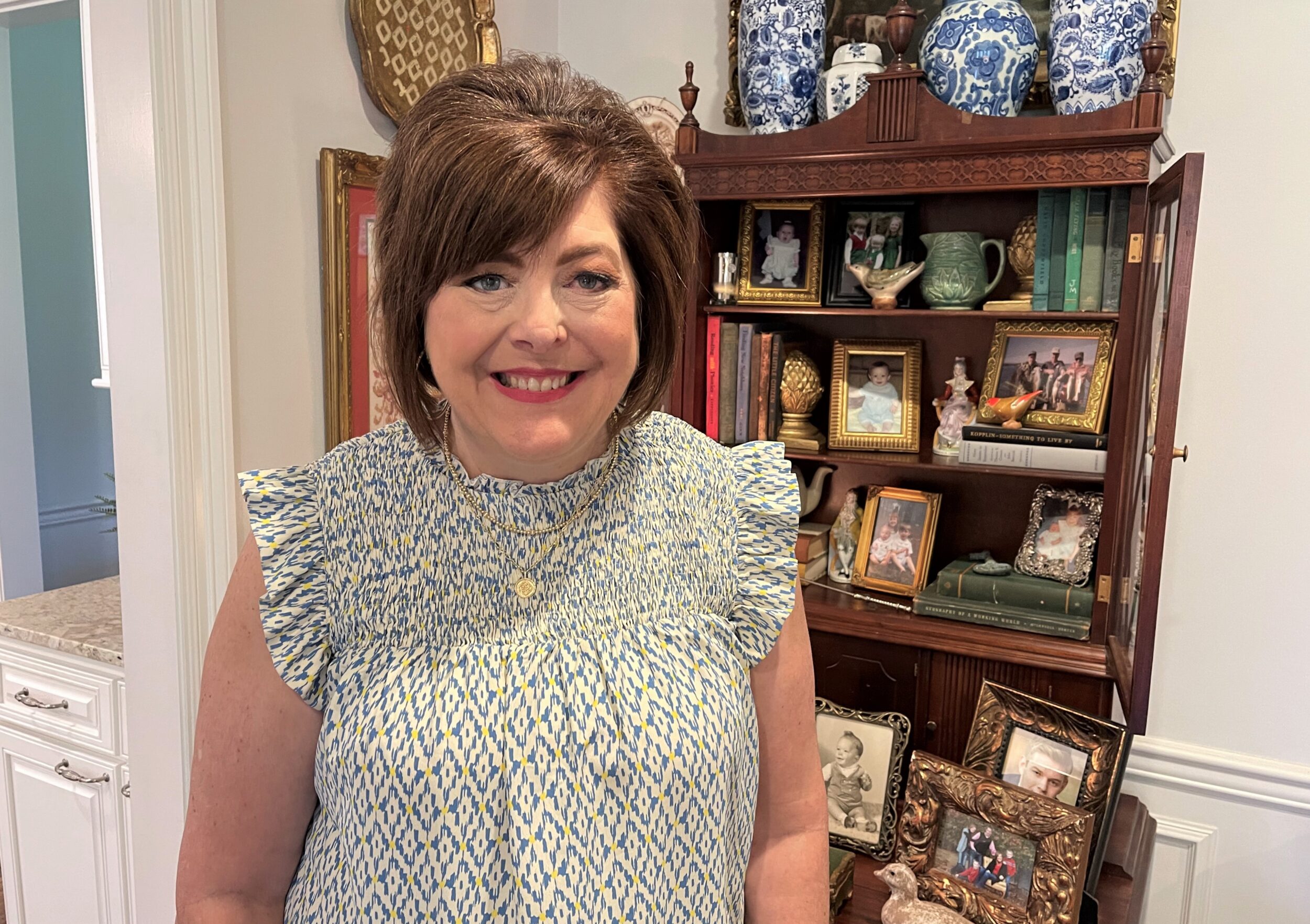Fearful of Cataract Surgery? These Two Patient Stories Might Ease Your Mind

Professional rodeo clown T. J. Williams spent years protecting fallen bull riders and entertaining crowds with his comical antics. “I’ve ridden bulls, fought bulls, been in the barrel, all supposedly scary stuff,” he says matter-of-factly.
His casual way of describing a profession not for the faint of heart might lead you to think he doesn’t know the meaning of the word fear. But just a few years ago he did face something that made him anxious.
“I was no more scared of anything than I was of going in to have cataract surgery,” says Williams.
He isn’t alone. Even though the procedure to remove a clouded cataract lens and replace it with an artificial implant (an intraocular lens or IOL) has a 95% or greater success rate, many seniors still fear having the surgery.
In a study published by The Journal of Clinical Ophthalmology, more than a third of the participants expressed fear about undergoing cataract surgery. What surprised researchers, though, was that this fear persisted even after they had received thorough information about the procedure.
The researchers surmised that patient anxiety goes beyond simple lack of information in two ways: a fear of pain or discomfort during the procedure; and a fear of losing even more of their vision if the procedure fails.
Modern cataract surgery has made great strides in both areas. In regard to a fear of discomfort, today’s surgical tools and techniques have made the procedure not only quick but painless. “The Catalyst® laser system that we use is state-of-the-art,” says Dr. Todd Williamson, eye surgeon with Hattiesburg Eye Clinic. “It definitely makes the experience more comfortable for patients.”
Like Williams, Lawrie Wallace was also nervous about her procedure. Her anxiety, though, focused more on the second type of fear-the outcome. And for good reason-a childhood accident had left her with sight in only one eye, the eye with the cataract.
“Because I only have sight in one eye, I was very scared that something would go wrong and I would become completely blind,” says Wallace.
Despite their fears, Williams and Wallace both underwent the surgery. Dr. David Richardson, also of Hattiesburg Eye Clinic, performed Williams’ surgery, and Dr. Williamson performed Wallace’s procedure. In both cases, the relationship between surgeon and patient made all the difference.
“Dr. Richardson explained what they were going to do, and that I was going to be fine,” says Williams. “I believed him when he said they were going to take care of me. And they did-after getting the first eye done, I was ready for the second one.”
Wallace expressed similar sentiments about Dr. Williamson. “He and the staff assured me that everything would go well. And they were right-the improvement in my eyesight has been a miracle.”
Each of Hattiesburg Eye Clinic’s five cataract surgeons goes to great lengths to educate their patients on the procedure and its outcome. But they offer something even more important-a high level of skill honed by fifty years of experience in introducing to the region the least invasive Cataract and LASIK procedures. That, and the quiet confidence that goes with it, can turn a patient’s anxiety into excitement at the prospect of better vision.
To learn more about Hattiesburg Eye Clinic’s sight-restoring cataract surgery, be sure to visit our website. To find out how Hattiesburg Eye Clinic can improve your vision health, call 601-268-5910 (or toll-free 800-624-8254) or schedule a consultation with us at www.hattiesburgeyeclinic.com/contact-us/.


